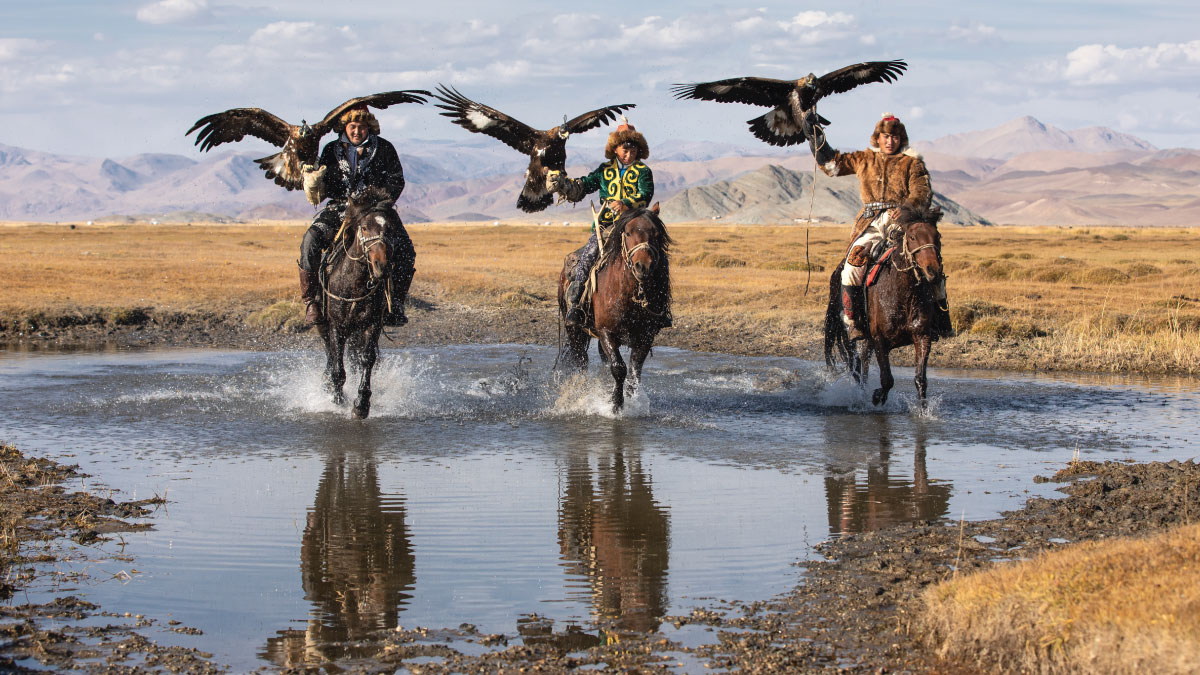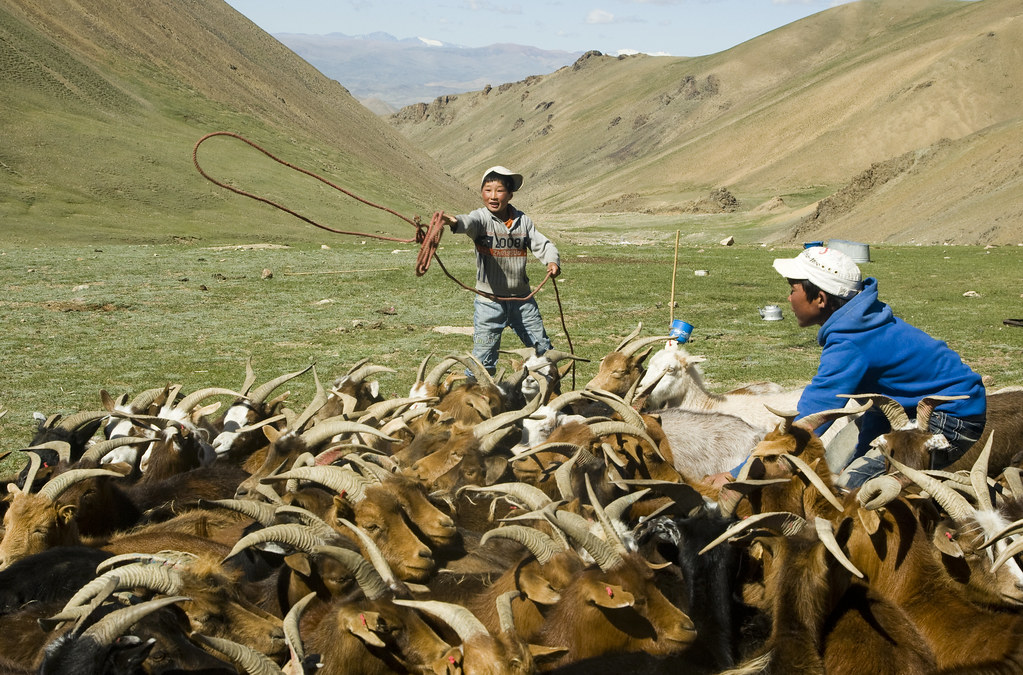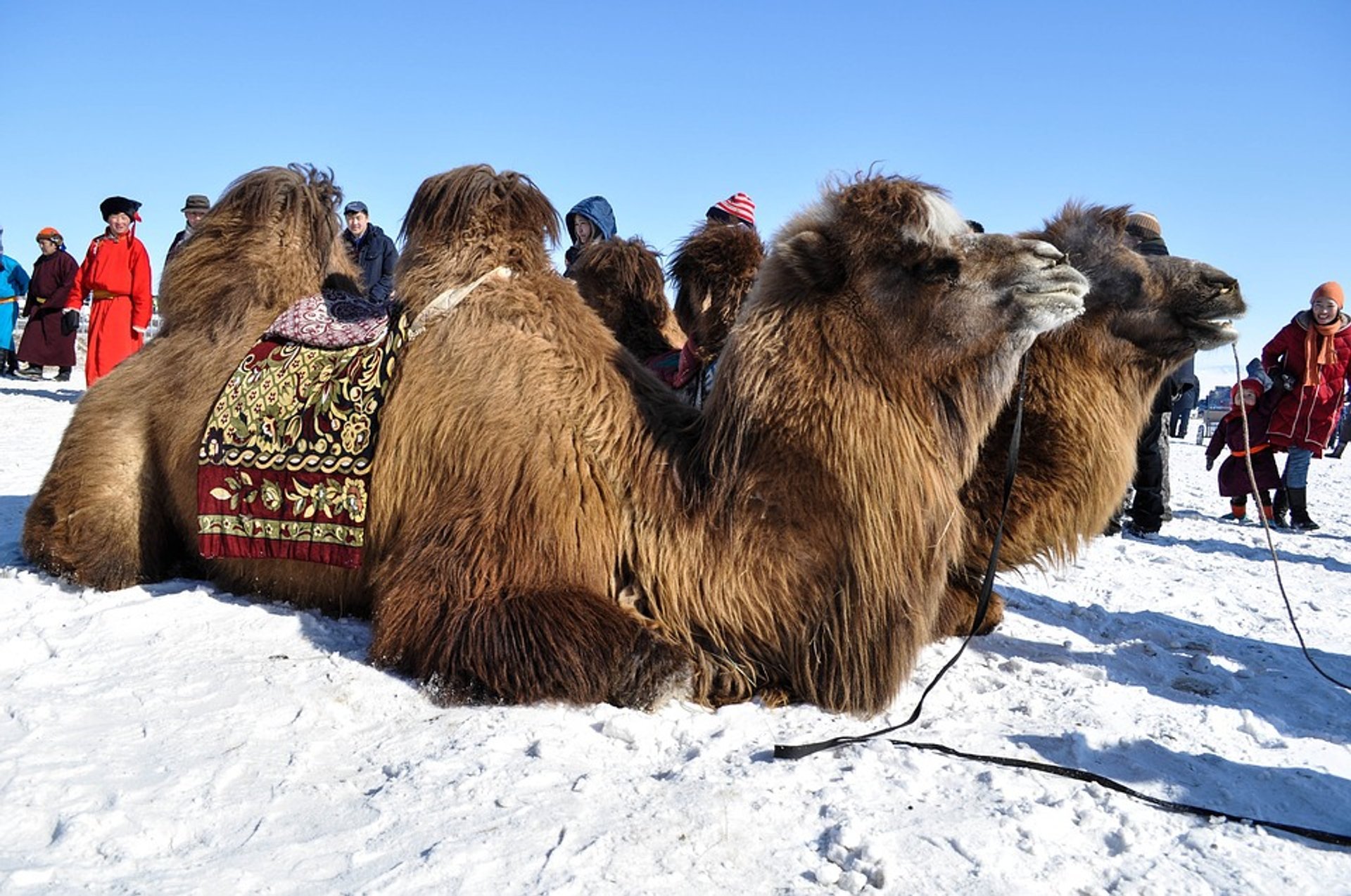Overview
This guide aims to connect researchers to key resources, both within the U-M Library and beyond, on all dimensions of Mongolian history, life, and culture. It was drafted and continues to be developed in collaboration with an interdisciplinary group of scholars working on the region, helping to ensure that its contents are highly relevant and up to date.
Mongolian at U-M
Society for Asian Studies Students (SASS)
SASS is a student organization working to provide a close-knit community, fun events, and access to resources on campus for students interested in pursuing a major/minor in Asian Languages & Cultures or Asian Studies at the University of Michigan. Everyone is welcome! The page above contains links to the group's Maize, Instagram, and Facebook pages too!
Centering the Northern Realms: Integrating Histories and Archaeologies of the Mongol Empire (1200 to 1500 CE)
Supported by a two-year Humanities Collaboratory grant, this research group brings together anthropologists, historians, and linguists. By weaving together the different approaches of each discipline, the diverse body of scholars aims produce a more comprehensive outcome. The project focuses on uncovering the people, practices, and places that existed along the margins of the Northern Realms of the Mongol Empire.
Study Mongolian at the University of Michigan!
Professor Sangseraima Ujeed (Department of Asian Languages and Cultures) began teaching an Intro to Mongolian Culture & Language course (ASIAN 338) in fall 2022. The text-focused course teaches Classical Mongolian (as opposed to Cyrillic Mongolian), and introduces learners to important literary and religious works.







